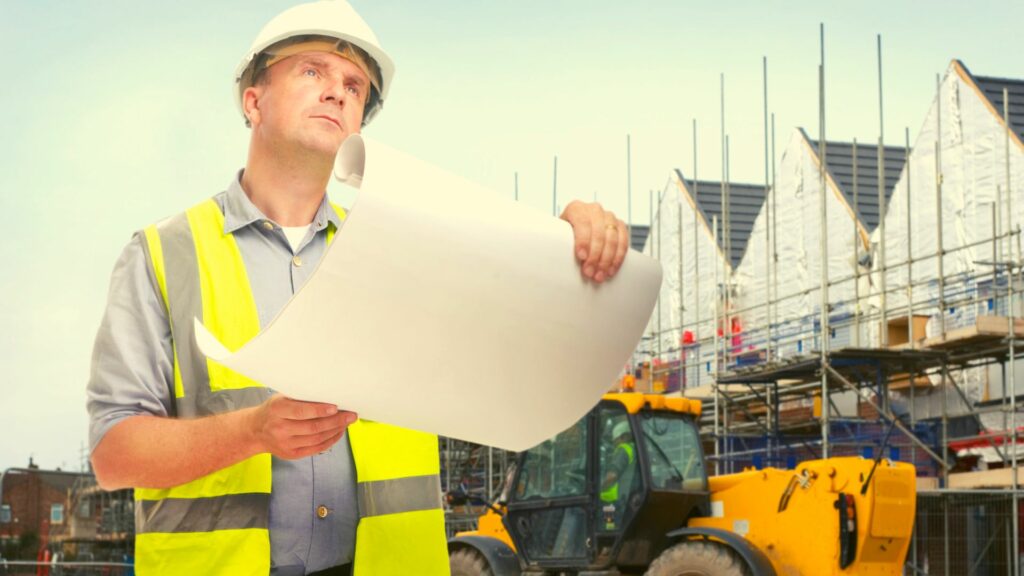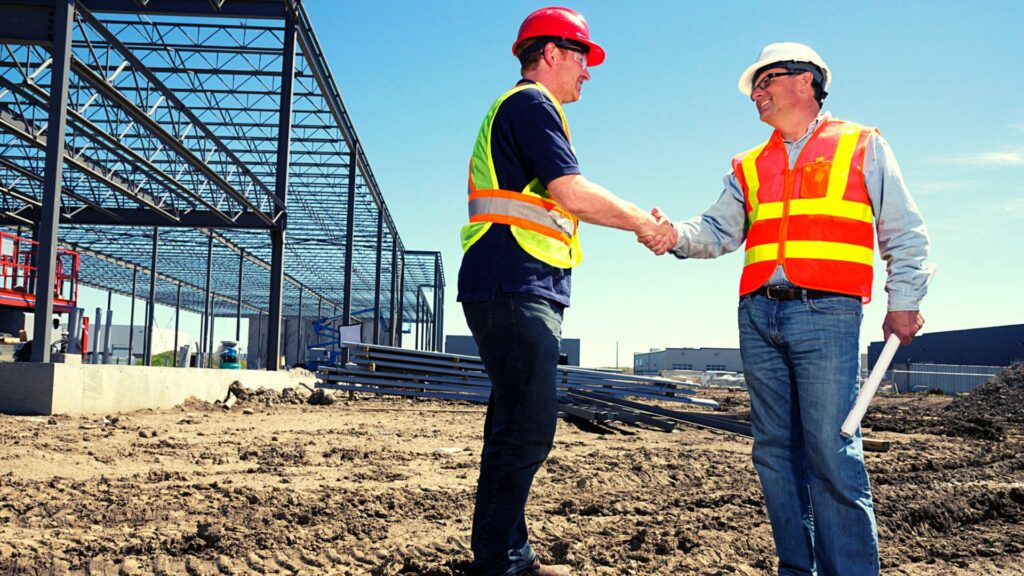Construction projects can be overwhelming as they involve a lot of professionals providing different but critical services. Someone has to manage these professionals and ensure everything is completed on time, within the client’s budget, and to the client’s satisfaction. A contractor’s main task is to ensure the project operates within predetermined guidelines and gets to completion.
Table of Contents
What is a contractor?
A contractor is a firm or organization retained by the client to execute the work activities that are required to complete a construction project. The contractor may also be an individual, depending on the size and nature of the project.
The contractor is responsible for planning, managing, and monitoring the project and other general duties such as hiring subcontractors and delegating tasks.
Is a contractor important?
A qualified contractor is essential in any construction project because they help manage costs and mitigate risks associated with construction projects. Accidents that may cause injury or death are common in construction. To reduce the risk of injury and ill-health, it is critical to have contractors on board to plan, manage and monitor the construction process.
The contractor works with the project manager to ensure risks are correctly pre-empted and controlled. Coordination between the contractor and the rest of the construction team is essential to ensure a project runs smoothly from start to finish.

What are the duties of a contractor?
There is a lot of discussion around the specific duties of a contractor, as general contractors typically perform varied responsibilities during a project. However, contractor duties can be split into general duties, planning, monitoring, managing, and monitoring.
General
A general contractor has many duties, including finding the right people for each job. However, this is not their only responsibility. The contractor is equally responsible for ensuring the health and safety of all the workers involved in the project.
Other general contractor duties include on-site personnel management, application of building permits, security, site surveying, and engineering, provision of facilities on site, waste management, management of materials and equipment, and schedule monitoring.
Finally, the contractor is responsible for ensuring that the quality of work is satisfactory to the client.
Planning
The contractor works with the client to plan and develop a construction phase plan before setting up the construction site.
Planning involves risk assessment and developing measures to mitigate potential risks. The contractor or contractors (if it is a multiple-contractor project) must consider potential risks to any parties affected by the construction process.
Managing
The contractor manages aspects of the project such as the budget, hiring subcontractors and other staff, equipment, generated waste, and contract documents.

Monitoring
The contractor uses various measures to monitor safety, schedule, quality of work, and other aspects stipulated in the contract.
Summary
The role of a construction contractor is multi-faceted as contractors are involved throughout a project. A contractor plans the construction process and then manages and monitors the process until completion. However, the fundamental duty of a contractor is to ensure the safety of everyone involved in the project and deliver a quality finished product to the client.

